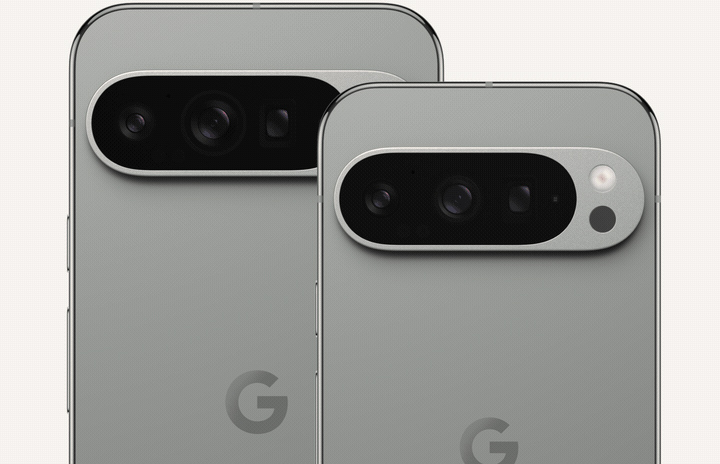Google has opened its official store in India, letting customers buy Pixel phones directly instead of hunting through third-party retailers. The move puts Google in control of its own sales process in a market where that actually matters. The company now handles everything from EMI options to exchange programs, plus a price-matching promise that ensures customers get competitive deals. The Pixel 9 series launches with substantial discounts—the kind that make direct purchasing feel worthwhile rather than just convenient.
What makes this interesting is how Google positions itself against established players. Apple runs premium stores with white-glove service. Samsung has ubiquitous presence. Google’s approach splits the difference: premium products with accessible financing, sold through a platform that emphasises AI capabilities over showroom flash.

Direct sales lets Google tell its story properly. Computational photography and AI features need explanation, not just shelf space. When customers understand what they’re buying, they’re more likely to appreciate why they’re paying for it. That’s harder to achieve through retail partners focused on moving units.
The launch reveals Google’s broader India ambitions. The company has invested heavily in payments, cloud services, and local partnerships. Adding hardware sales creates a complete customer touchpoint—from the apps people use to the devices they use them on.
India’s smartphone market rewards companies that understand local preferences. Financing options matter more than outright prices. Service quality influences repeat purchases. Brand perception shapes buying decisions across price segments. Google’s direct approach addresses these factors in ways that wholesale relationships couldn’t.

The real opportunity lies in ecosystem building. Google wants customers who buy Pixel phones to use Pixel watches, Pixel earbuds, and Google services. Direct sales provide the foundation for those relationships, with customer data and service quality both under Google’s control.
Whether this translates to market share gains depends on execution. Indian consumers are sophisticated buyers who research thoroughly before spending. They’ll judge Google’s store on delivery speed, service quality, and whether the promised benefits actually materialise.
For now, Google has closed a gap that needed closing. The company that organises information has decided to organise its own sales channel too.











